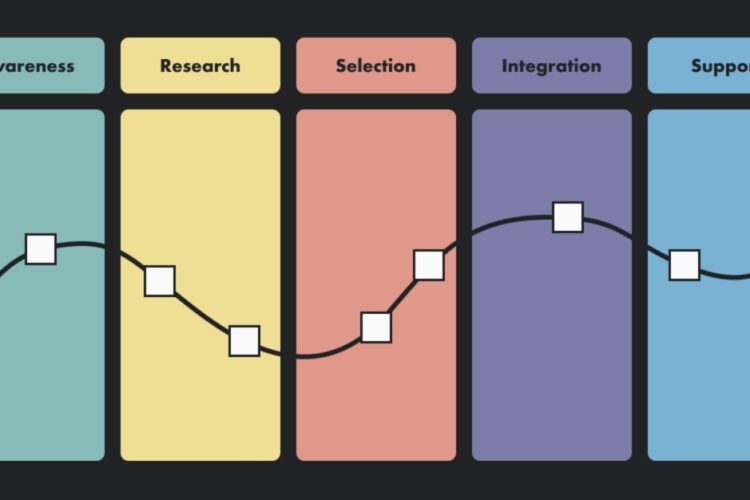
DevOps tools are an essential part of modern software development and delivery. They help organizations automate various tasks, improving the efficiency of development and deployment processes. In this article, we’ll introduce three popular DevOps tools—Jenkins, Ansible, and Terraform—and explain how they can be used to automate software development and deployment for both startups and enterprises.
Jenkins
Jenkins is an open-source automation tool widely used for continuous integration and continuous delivery (CI/CD). It allows developers to automate building, testing, and deploying software. By using Jenkins, startups and enterprises can streamline their development and deployment workflows, increasing both efficiency and speed. With Jenkins, organizations can set up automated pipelines to ensure that software changes are tested and deployed quickly, helping to reduce human error and improve release reliability.
Ansible
Ansible is another open-source tool often used for IT automation, configuration management, and application deployment. It enables organizations to automate tasks like provisioning, configuration management, and application deployment. Ansible is known for its simplicity and ease of use, making it ideal for startups and enterprises aiming to enhance the efficiency of their deployment process. With Ansible, teams can automate repetitive tasks, standardize configurations across environments, and reduce time spent on manual tasks, resulting in faster and more consistent software delivery.
Terraform
Terraform is an open-source tool for building, modifying, and versioning infrastructure. It allows organizations to create and manage infrastructure as code (IaC), which can help automate infrastructure provisioning and management. Using Terraform, startups and enterprises can ensure that their infrastructure is provisioned consistently across environments, which minimizes configuration drift and speeds up deployment times. This approach also allows for greater flexibility and control over infrastructure, as teams can create reusable modules and implement version control.
Conclusion
DevOps tools are a critical component of the software development and delivery process, helping organizations automate key tasks and enhance overall efficiency. Jenkins, Ansible, and Terraform are among the most popular DevOps tools for streamlining development and deployment, suitable for both startups and established enterprises. By adopting these tools, companies can boost productivity, reduce time to market, and maintain a competitive edge in a rapidly evolving industry.




